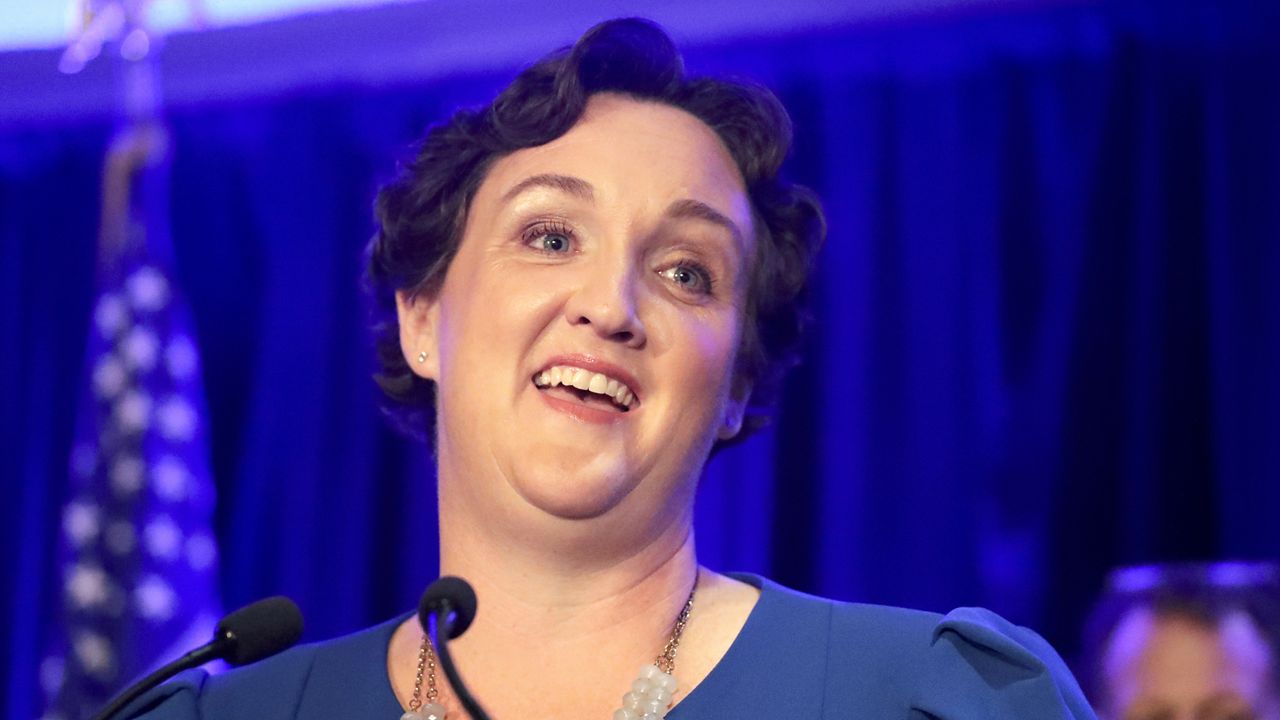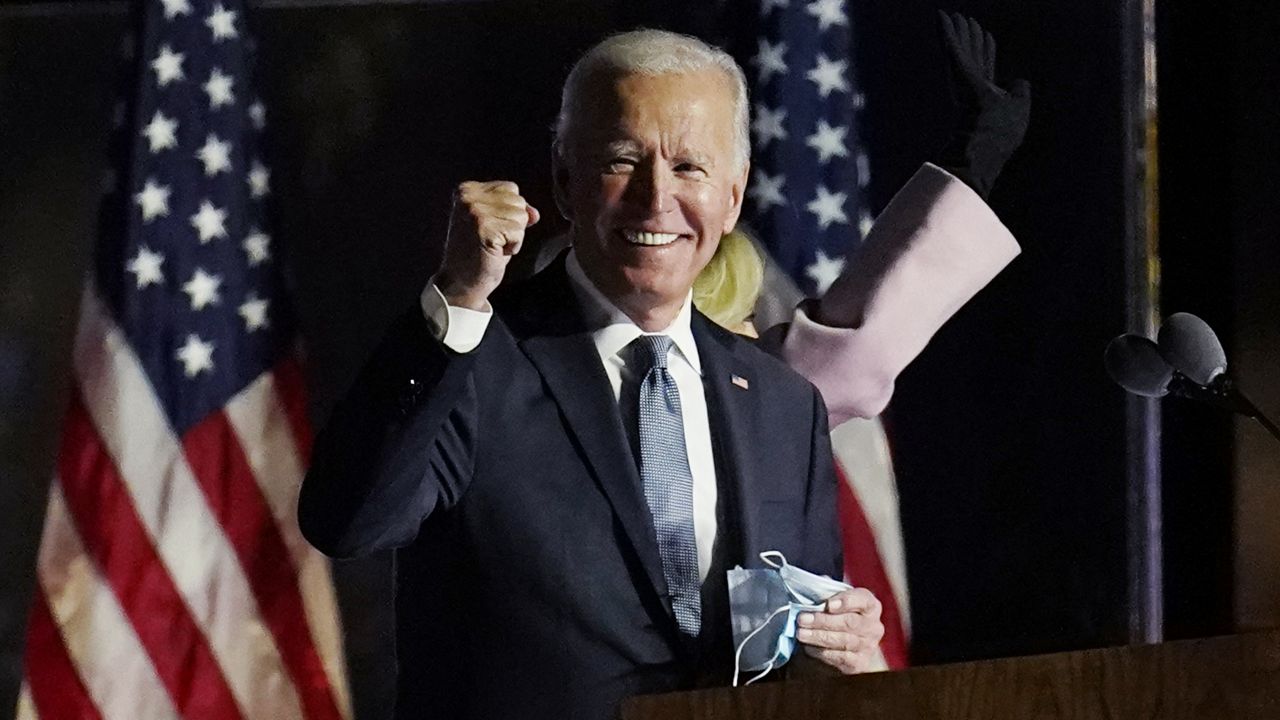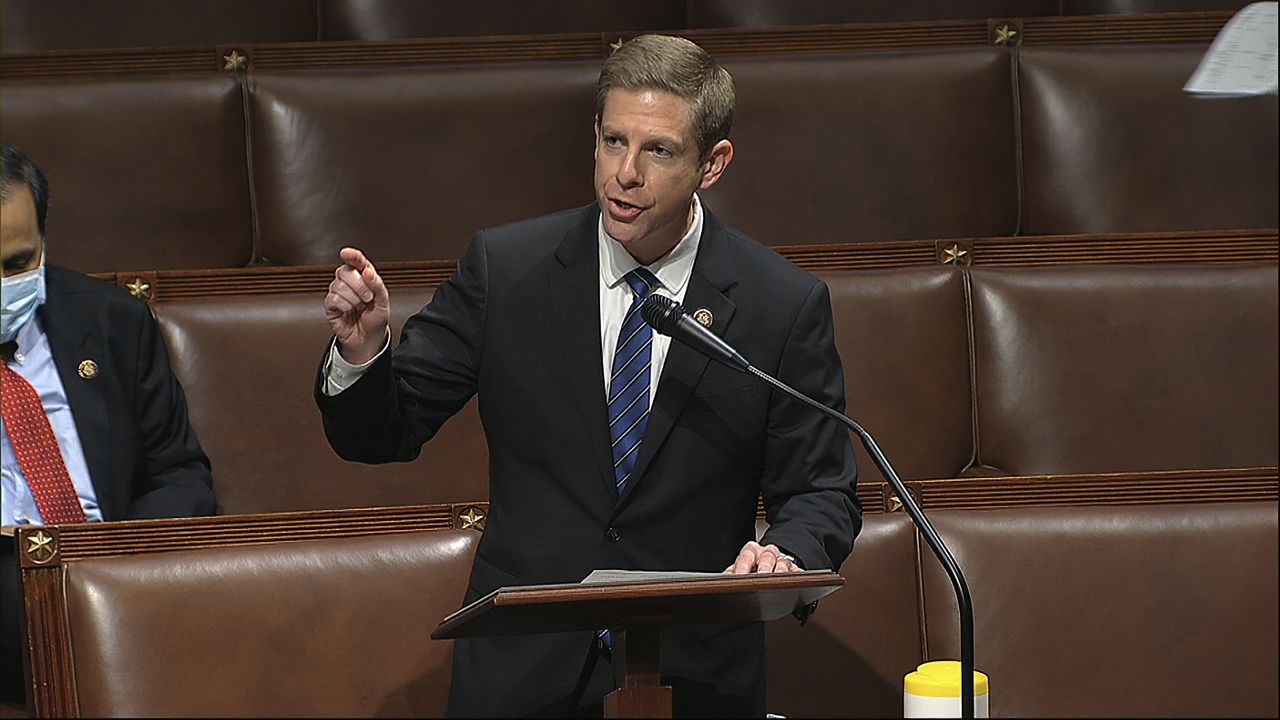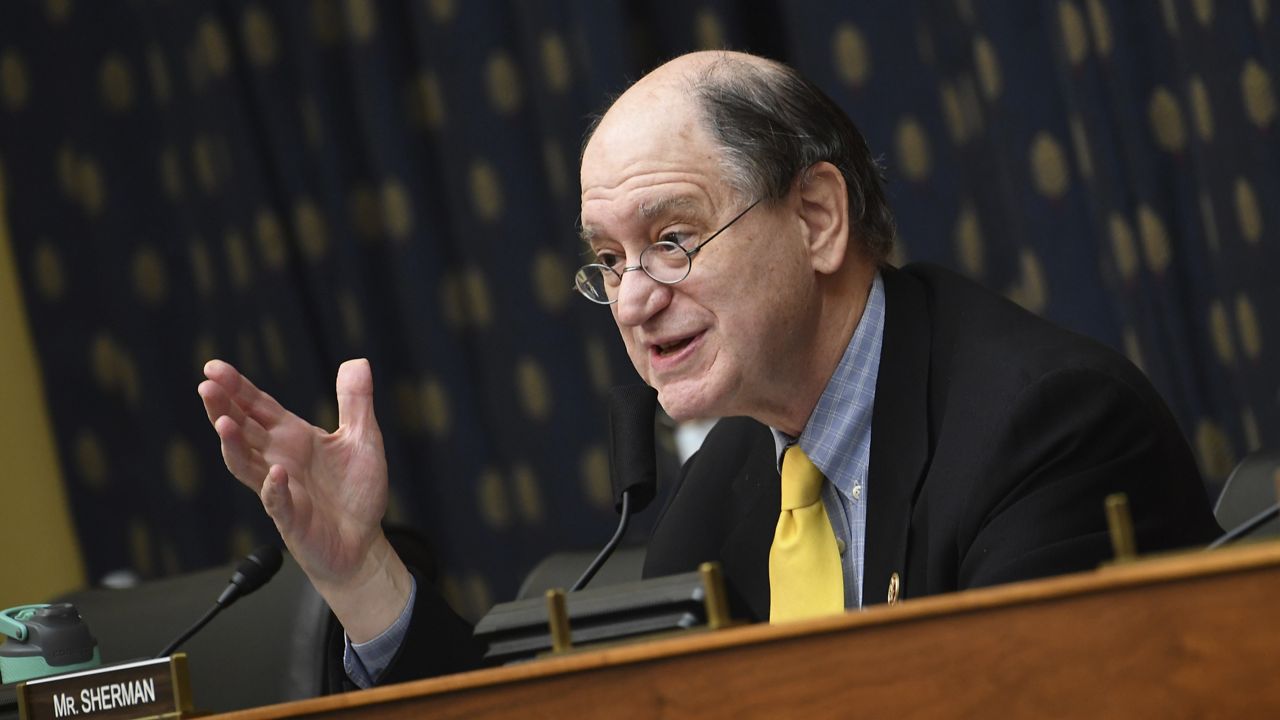Los Angeles City Council District 4 includes parts of the San Fernando Valley, Hollywood, and Mid-City. David Ryu, the first Korean American to serve on the city council, has represented the district over the past five years. This year, Ryu is up for reelection against fellow Democrat Nithya Raman.
He tells Inside the Issues many issues are facing his constituents, including the coronavirus pandemic. For the past eight months, he has been working on resources and protections for those living in his district, he said.
"But besides that, of course, the top other issue amongst many from racial justice issues to corruption issues that comes up is homeless," he said.
Ryu said he has been leading the fight on homelessness and building bridge housing during his time in office, helping build hundreds of units in his first term with more coming up this year.
"But no matter how much we do, I know while we have been able to turn the tide in Council District 4, in our district, it doesn't matter as much because homelessness is a citywide issue, and that's why I've been advocating for a citywide emergency FEMA-like response to tackle homelessness as a city, not just as a neighborhood or a district," he said.
It was announced recently that one initiative, Project Roomkey, would be ending because of a lack of funding. But, Ryu regards the project as a success and hopes to continue something similar in the near future.
"Project Roomkey was an ambitious plan that tried to house 15,000 homeless individuals off the streets into housing. We did reach about 6,000. However, we did that in a matter of two to three months," he said of the program. "So this shows that, if we continue, even after COVID is over, but we continue to address homelessness like the emergency crisis that it is, if we're able to house 6,000 homeless individuals every three months, in a matter of years we would be able to house all of our unhoused neighbors and that is what I've been advocating for."
"So this is why we're, even though Project Roomkey is phasing down, we have committed about $187 million to make sure that everybody who came in for hotels and motels doesn't go back in the streets, but gets into permanent supportive housing and with more housing programs coming online, like we are in my district, 300 more beds coming online by next year, and having new programs like buying hotels and motels doing scattered-site housing, which is like a local version of Section 8, we will be able to house thousands of individuals off the street if we're able to approach it in a citywide manner," Ryu continued.
When it comes to his opponent, Ryu said he has more experience in office than that of Raman.
"The biggest difference is I don't just talk the talk. I walk the walk. Not only do I walk the walk, I actually have a record, in the past five years, of experience of actually building homeless housing," he said. "Taking people, our unhoused neighbors, off the streets into housing, providing mental health services. I am the one who introduced landmark, anti-corruption legislation that has never passed in the history of the City Council, but is now law today and the base platform for all of our other anti-corruption measures. Racial equity issues [are] something that, living in L.A. for pretty much 40 plus years of my life and having been here during the '92 L.A. riots, I worked in dispute resolution mediation in South L.A. and East L.A. communities, bringing people together."
"So, the biggest difference is, while we can all agree what needs to be done, there's only one person, and that's me, who has actually walked the walk and produced with the experience and the know-how," Ryu said.
Recent reports have raised some questions related to developers' funding to Ryu's campaign, citing instances in which he may not have followed his own rules of anti-corruption.
Ryu said he returned those donations and did so as soon as he found out where the money was coming from.
"Let me make it clear: I am the only councilmember present and in the history of the city council, who has taken a voluntary pledge not to, for example, take developer contributions. Not only did I make that into law, which will technically go into effect in 2022, but I am the only councilmember who is actually abiding by that pledge," he said. "And this is why, because it's not law and there's no one that the ethics department isn't helping, this is something that I voluntarily do, this is why, in order for us to fully weed out corruption, and fully weed out special interests, we need public financing. This is something that I've advocated for — well, not just I advocated for but many councilmembers prior to me decades before have all tried to introduce, but failed."
"Every single developer donation that was incorrectly contributed to my campaign was returned as soon as I learned it. And I want you to know, this is a voluntary procedure where my team of volunteers vets through this and in the primary I had close to 3,000 donations, where nine slipped through the cracks because developers misreported their occupation on the form," Ryu continued. "But the fact is, I kept this pledge since 2015, and I am leading on anti-corruption work as well as introducing bills for campaign finance and Metro recusal model and everything else to strengthen it."
Ryu said Raman's campaign also has held the pledge of not taking developer contributions but said she has also broken that pledge. In an interview with Inside the Issues, Raman disputed these assertions.
Let Inside the Issues know your thoughts and watch Monday through Friday at 8 and 11 p.m. on Spectrum News 1.











